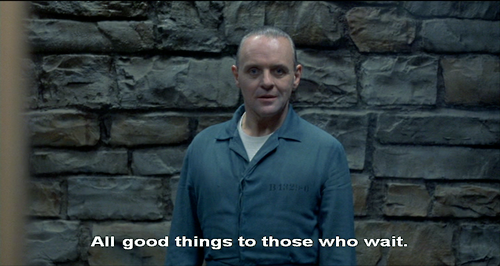Great and thoughtful posts by both PG and Goin-yard, and PG's idea of allowing early LOI signings is a potential solution, but here are my thoughts on how it may well play out, and they lead me to the conclusion that (and believe me, I don't like this phrase) "it is what it is"...that is, the system has had years and years to play out and...well...here we are.
I don't think you can "get rid of" the verbal commitment, by definition. It just a private, personal, non binding "decision" by two parties that happens to be made public. So, how do you stop it?
I like the the concept of earlier LOIs, and that would certainly have both sides think long and hard before entering into the LOIs. But, would the NCAA face even more scrutiny (would the Gov't...ugh...intervene) if they were suggest entering into legally binding agreements with atheletes at such a young age?
But, even if a player and a school were allowed to sign an LOI much earlier, logic suggests that the following sequence would play out, and we'd be right back where we are...which is why I suggest "it is what it is":
a. the player and the school have a very high degreee of mutual interest early in the process, but
b. one or the other, or both, is not quite there in terms of a legal, binding commitment, so the LOI is not yet in play, but
c. there is enough interest that they would each be willing to enter into a less formal commitment (a verbal)...and
d. somewhere, somehow, someone would start to post and track these verbals publicly (just like we do now), and
e. we end up back where we started, only that the ability to sign an LOI comes earlier than it does now.
I'm just a dad who knows the game a little and understands the process..it is not my profession...so, I am sure there are flaws in my argument. But, I guess what I am suggesting is that sometimes you have to take the good with the bad and nothing is perfect. Individuals (both coaches and athletes) have to be aware, responsible and accountable for their actions and deal with the consequences. The "market forces" have played out here for many years and other than taking the far reaching step of intruding on people's individual civil liberties (e.g., a player cannot call a coach or a player and a coach cannot meet and discuss with one another their mutual interest in what the other has to offer), is there really a cure or perfect system....or should we just let it be? If we do let it be, that certainly doesn't mean we stop debating it on forums like this...or stop exposing those who blatantly abuse it...or preparing the next generation of families re: the pros and the cons. I hate the phrase, but do you agree that "it is what it is"? I welcome critiques or disagreements.



